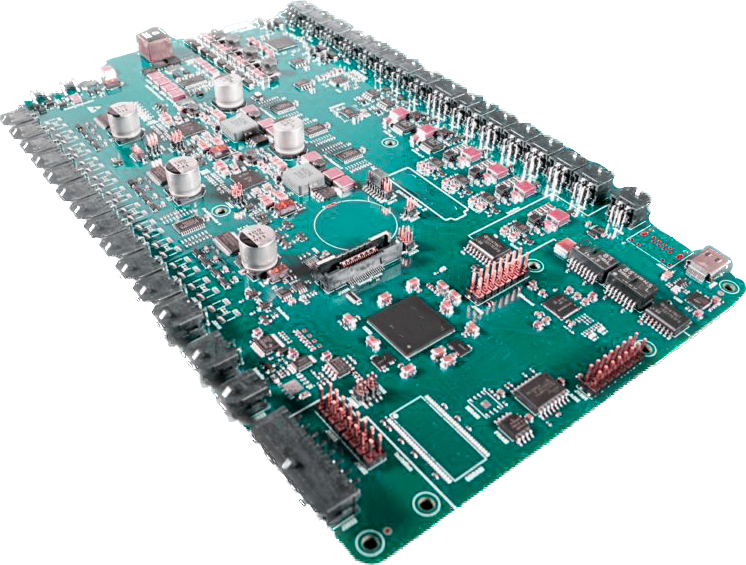Battery (BMS) & Cell Controller
The Battery Management System (BMS) of an Electric Vehicle (EV) battery plays a critical role in ensuring the safe, efficient, and long-lasting operation of the battery. A BMS is a control system that monitors and manages the charging and discharging of the battery.
The main functions of a BMS in an EV battery include:
Monitoring battery voltage, current, temperature, and state of charge (SOC) to ensure safe operation.
Protecting the battery from overcharging, over-discharging, and over-temperature conditions.
Balancing the voltage of individual cells within the battery pack to ensure uniform charge and discharge.
Communicating battery information to the vehicle's control system for optimal performance and energy management.
Providing fault detection and diagnostics to identify any issues with the battery or its components.
A well-designed BMS is essential for ensuring the safety and reliability of an EV battery. It also helps to extend the life of the battery by preventing overcharging and over-discharging, and by maintaining the voltage balance between cells. The BMS is typically a separate component from the battery itself, but it is integrated with the vehicle's control system for optimal performance.
In conclusion, the Battery Management System of an Electric Vehicle battery is a crucial component that monitors and manages the charging and discharging of the battery to ensure safe, efficient, and long-lasting operation.

Applicable Gap fillers:
Thermal Gap Pad: Minimize thermal resistance with ease of use across a multitude of applications. Pre-cut to desired shape and size.
Thermal Hybrid: One-part/two-part hybrids available. High dispense rate and high conformability.

